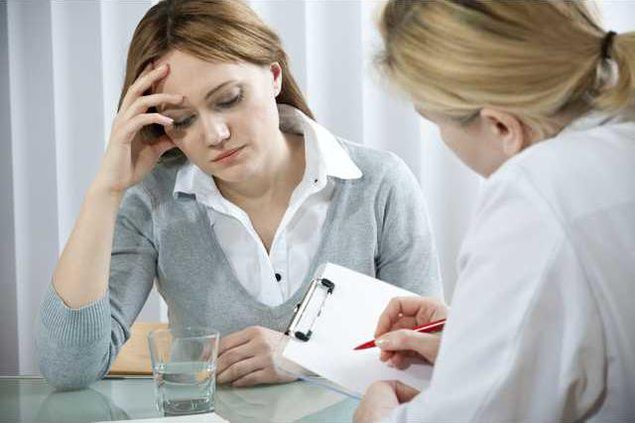As a therapist and as owner of The Marriage and Family Clinic in Denver, CO, I get a lot of calls from people who want to set up appointments. Sometimes, people call just to set up an appointment and don't have many questions. Other times, people call because they've had a bad experience and want to change counselors. And, sometimes, people call just to get information.
Unfortunately, not enough people call just to get information. I say that this is unfortunate because it is, perhaps, one of the most important parts of the counseling process.
Not all counselors are created equal. When looking for a good counselor, it's important to find one who is knowledgable and familiar with your specific challenges. It's important to find one who you feel is a good fit for you. Here are a few questions to ask as you find a counselor who is right for you:
What are your credentials? All those letters after his name are there for a reason. They tell you how far he went in school and what specific branch of therapy he studied. They also tell you what his specific license is. There are all kinds of counselors: marriage and family therapists, social workers, psychologists and more. No matter what license your counselor has, he can treat all kinds of mental health difficulties, but the specific license your counselor has means he knows more than others in specific arenas.
What are your specialties? Just because a counselor is licensed to practice counseling doesn't mean he's good at all the kinds of counseling that there are. Ask the counselor what his specialty is. Most counselors are happy to answer your questions to make sure you feel comfortable before setting up an appointment.
How much experience do you have working with my specific challenge(s)? This question will require you to give a little explanation over the phone, but it will also help you get an idea of whether the counselor you're talking to is familiar with treating your specific challenges. It's better to start with a counselor who is familiar with treating the challenges you're facing rather than bouncing from counselor to counselor until you find the right one.
Do you accept insurance or are you private pay? Many counselors are private pay counselors which means they don't accept insurance and you pay out of pocket for the counseling. Other counselors work with your insurance for payment. Instead of going to the first appointment not knowing what to expect, it's best to ask this over the phone. You might feel awkward asking, but it's best to get this out in the open before showing up for your first session and feeling surprised at the cost or surprised that nobody told you your insurance wouldn't cover.
What are your hours? Counseling is a process. As a result, treatment can sometimes take several sessions in order to accomplish the goals you want to acheive. It's important to find a counselor who fits with your schedule and who you can see on a regular basis.
A good place to start to find all of this information is on the counselor's website. Most companies give brief bios of their counselors to help you know who might be a good fit for you. After you've narrowed your options to 2 or 3 counselors, then go ahead and give those people a call to answer the rest of the questions you have. It might take some time, but all the effort is worth it in the end to find a counselor that you're happy with.
Aaron Anderson is a therapist and owner of The Marriage and Family Clinic in Denver, CO. He is a writer, speaker and relationship expert.








